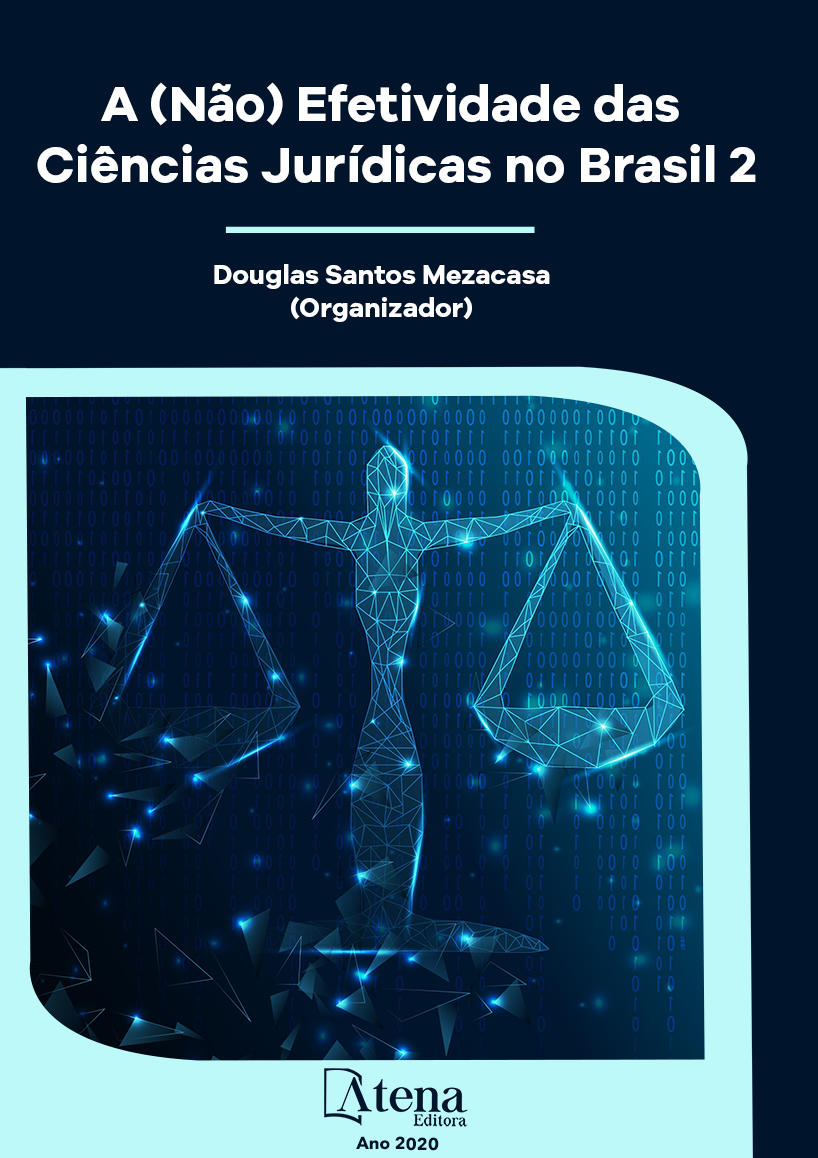
Parto Anônimo: análise de sua conveniência diante do princípio do melhor interesse da criança
O presente artigo objetiva a análise da viabilidade do projeto de lei sobre o parto anônimo em detrimento ao princípio do melhor interesse da criança. A metodologia adotada foi dialética e indutiva, utilizando fontes primárias (legislações que versam sobre o tema) e secundárias (artigos científicos que apresentam especial relevância para a compreensão e desenvolvimento da questão, além de doutrinas e julgados que capacitaram o entendimento de diversos aspectos sociais para a criação do artigo) trazendo os posicionamentos negativos e positivos de diversos autores sobre o tema em comento. Os princípios fundamentais como o direito à vida e o direito à identidade fizeram parte da pesquisa como uma forma de complementar o entendimento acerca do motivo em que os projetos de lei foram criados, e também, mostraram a importância do direito à filiação para a concretude dos princípios da dignidade humana e do melhor interesse da criança. O artigo trouxe a história da formação dos projetos de lei, bem como seus objetivos se fossem aprovados, e após a exposição do tema, foi realizado uma análise, a fundo, dos argumentos benéficos do parto em anonimato e, uma análise dos benefícios em comparação aos malefícios, fato imprescindível para concluir pela viabilidade e eventual aprovação do projeto de lei.
Parto Anônimo: análise de sua conveniência diante do princípio do melhor interesse da criança
-
DOI: 10.22533/at.ed.70620300322
-
Palavras-chave: Parto Anônimo. Aprovação. Viabilidade.
-
Keywords: Childbirth Anonymous. Approval. Feasibility
-
Abstract:
This article aims to analyze the feasibility of the anonymous childbirth bill to the detriment of the principle of the best interests of the child. The methodology adopted was dialectical and inductive, using primary sources (laws that deal with the subject) and secondary (scientific articles that have a special relevance for the understanding and development of the question, besides doctrines and judgments that enabled the understanding of several social aspects to the creation of the article) bringing the negative and positive positions of several authors on the topic in question. Fundamental principles such as the right to life and the right to identity were part of the research as a way of complementing the understanding of the motive in which the bills were created, and also showed the importance of the right to membership for the concreteness of principles of human dignity and the best interests of the child. The article brought the history of the formation of the bills, as well as their objectives if they were approved, and after the exposition of the theme, an in-depth analysis of the beneficial arguments of the child on anonymity and a comparison of the benefits in comparison to the harmful effects, an essential fact to conclude on the viability and eventual approval of the bill.
-
Número de páginas: 19
- Marco Antônio dos Anjos
- Giovana Massaro Guidi


